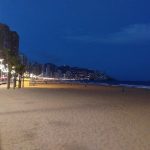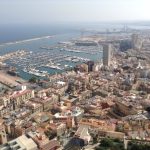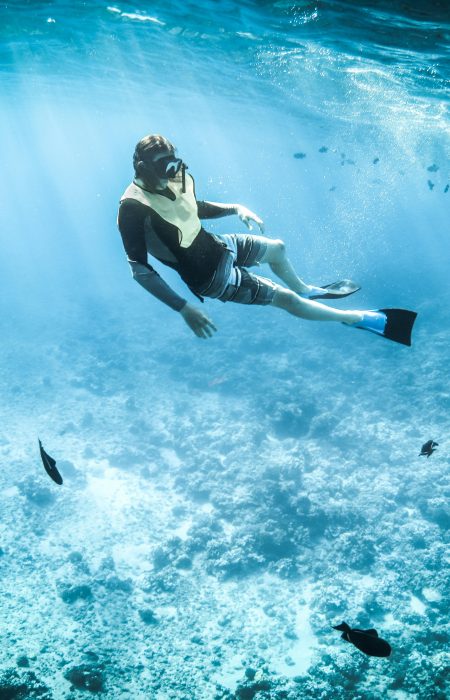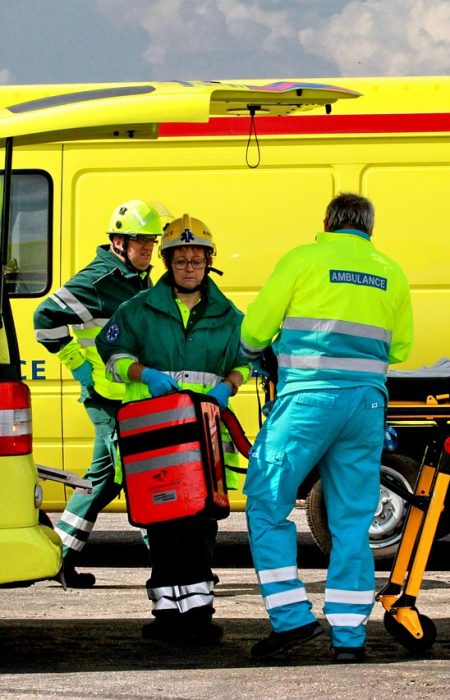This Monday, the Torrevieja City Council initiated an initiative to reduce the occupancy of public spaces on Paseo de Juan Aparicio by restaurant terraces.
The local hospitality industry’s golden mile’s numerous terraces had been violating the ordinance for years by occupying more space than their permits permitted, as evidenced by the use of a few litres of yellow paint, chalk, masking tape, and the labour of municipal employees. In comparison to others, some had implemented numerous square meters of public space into their operations.
Federico Alarcón, Councillor for Safety and Occupation of Public Spacessaid that the City Council would verify compliance on-site after reinstating the payment of the fee for occupation of public spaces, without evaluating whether restaurateurs were complying with the ordinance.
That is to say, the amount that hospitality businesses have been paying since the tax was reinstated in response to the pandemic has been adjusted to reflect the actual space they occupy on a daily basis and the square meters defined by the municipal ordinance for that specific area.
Torrevieja was one of the tourism municipalities that maintained its tax exemption for the longest period following the pandemic. There are four complete years between 2020 and 2023. During this period, local regulations were also exceptionally adaptable, as businesses demanded benefits in the face of extremely adverse circumstances and installed an increased number of chairs and tables, which were protected by health and safety regulations.
Torrevieja City Council has also established a reputation for being one of the most permissive in terms of permitting the occupation of public space, with a preference for the profitable use of hospitality businesses.
The municipality alone generates 1.4 million euros annually from the occupancy of public spaces by terraces, excluding street markets and other taxable activities in public spaces.
“Faced with the need to return to the pre-pandemic line or create an intermediate one, we have decided to return to the previous one,” according to Alarcón. The last time an occupancy limit line was ordered to be drawn, leaving tables that exceeded it visible and readily distinguishable on the ground, was over seven years ago, during the coalition government (2015-2019), when Javier Manzanares was the councillor for the area.
The promenade’s pavement, which is also referred to as Las Rocas, had already begun to discolour after an extended period of time. The PP municipal government discontinued the signage of the COVID measures that were implemented in 2020 to guarantee that the hospitality industry could continue to operate with specific health precautions.
Upon the return of normalcy following the pandemic, residents residing on the front lines had identified the absence of control over the occupation of public space by hospitality businesses. Terraces encircled benches along the promenade, and establishments relocated their tables and chairs just over three meters from the seafront. The permissiveness of the municipality extends to the incorporation of permanent installations, which are provided with designated spaces on the canopies, palm trees, verdant areas, and streetlights on the promenade.
This situation has resulted in significant traffic congestion at pedestrian crossings over the past two summers, as the terraces were required to accommodate unlicensed street vendors, known as the “top manta.”
Yesterday, Monday 17th March, the Municipal Public Road Occupation Department commenced the process of removing chairs and tables from the majority of the hospitality establishments along Juan Aparicio Promenade. Signs have been posted by municipal labourers and the Local Police officer who is responsible for enforcing the ordinance. These signs will be posted from the Hombre del Mar area and will extend along the promenade to Punta Margalla, including those situated on Playa del Cura.
Councilman Alarcón clarified that the Association of Hospitality and Regional Businesses, with which he maintains a close relationship, had been warned and had informed its members. The group’s board of directors has not responded to this newspaper’s attempts to contact them.
Nevertheless, the employees of the establishments were evidently perplexed, as they were required to remove a significant portion of their terraces after the installation. Additionally, they were uncertain about how to dispose of the remaining furnishings. The issue has been temporarily resolved by the rain, which has decreased the number of individuals who can fit in the fixed installations on the terraces that are already covered.
The Libertad promenade, which is one of the main promenades, has been closed to the public since March 12th as a result of the renovation of the port and the removal of vendor stalls, which is also a result of the municipal initiative. The pedestrian area has been further restricted and will be redirected to the Juan Aparicio seafront promenade in anticipation of Holy Week.
Conversely, the City Council has temporarily suspended the finalisation of the new occupancy ordinance due to its extensive nature, which encompassed a wide range of uses, including the amusement park, bohemian craft market, and terraces. Alarcón observed that the current proposal is to divide the text into distinct ordinances to ensure that they are tailored to the specific use.
The City Council’s intention to implement an external software application to facilitate the payment process for the use of public roads has also been impeded. The municipality contemplated transferring the territory to Suma Gestión Tributaria after promoting the project. However, the autonomous body of the Provincial Council is uncertain about certain aspects of this delegation of functions, and the municipality has temporarily suspended this initiative. The councillor also expressed his optimism that the planned reinforcement of Local Police officers will enable the addition of additional officers to the inspection of public roads throughout the year.








No Comment! Be the first one.